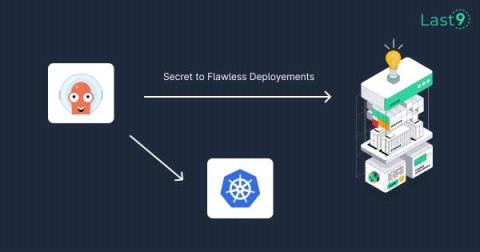Mastering Root Cause Analysis: A Guide for Site Reliability Engineers
Site Reliability Engineers (SREs) play a vital role in ensuring the stability and performance of web services and are key in incident management. One of the core skills SREs need is the ability to conduct effective Root Cause Analysis (RCA) when issues arise. This guide is about how to improve your RCA skills for more effective post-incident analysis.Let's dive in.🔖 What is Prometheus Alertmanager? Read here!











